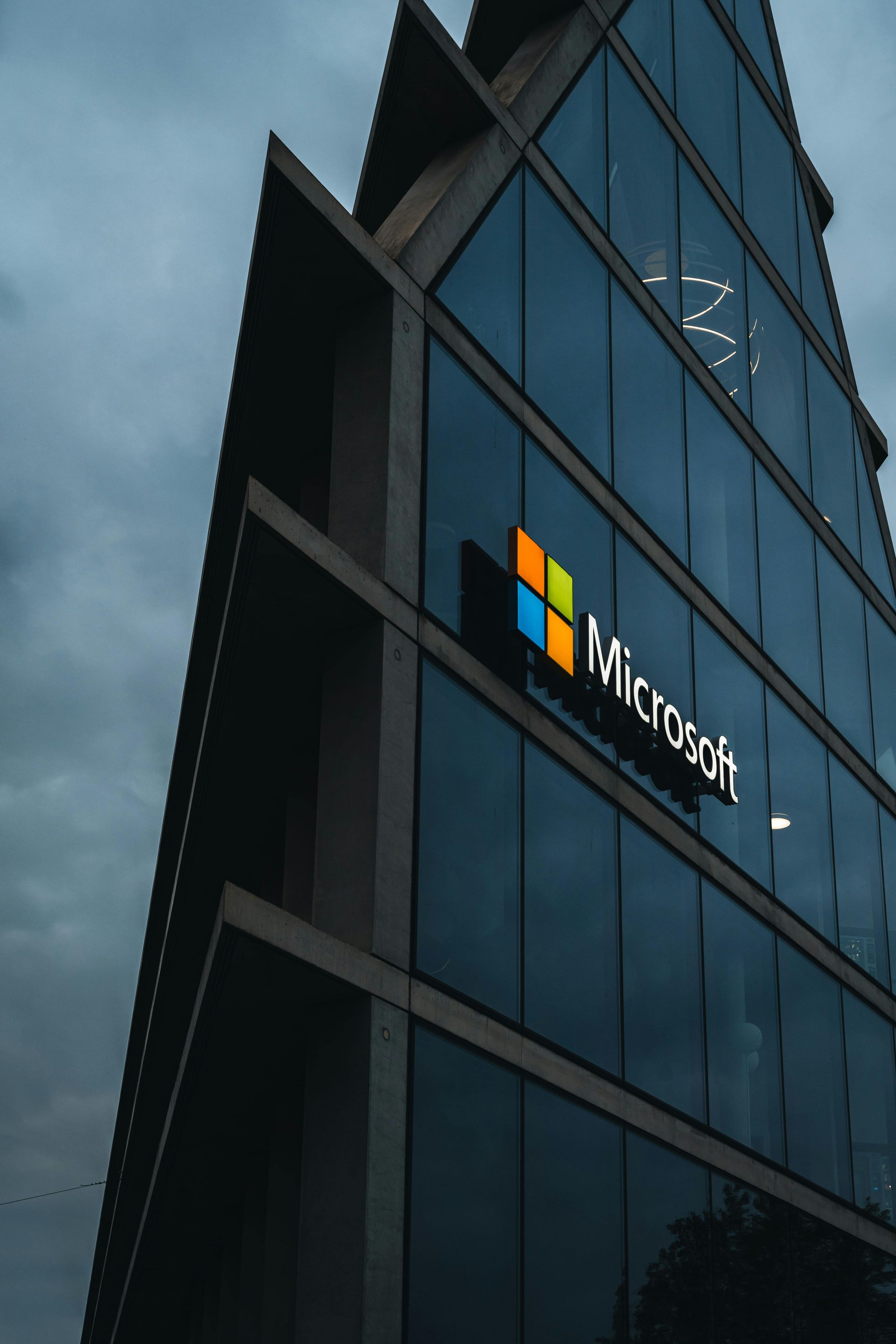

As cybersecurity threats are increasing, MFA is a must-have for all businesses
Today’s organizations are facing severe cybersecurity threats, which can lead to many issues, including crippling financial losses and damage to reputation. To minimize these risks, organizations need a robust cybersecurity strategy, including multi-factor authentication (MFA), which can help secure access, accounts, and protect data integrity. Adopting an MFA strategy is a must-have security measure for organizations to qualify for cyber insurance.
Cybersecurity Insurance: Frequently Asked Questions
What's Cyber Insurance and what does it cover?
Various insurance policies can help organizations in case of cybersecurity breaches.
Common coverage aspects include:
- Direct expenses, legal costs, and loss of profits
- Legal costs due to breach of privacy regulations or contractual agreements
- Transfer payment frauds caused by social engineering
Who needs Cyber Insurance?
Companies and organizations that handle sensitive information online or use digital systems, and/or operate in environments highly regulated by state, federal, and international agencies, are vulnerable to cybercrime and should consider implementing cyber insurance.
- This includes businesses in E-Commerce, Manufacturing, Healthcare, and Critical Infrastructure

How can you qualify for Cyber Insurance?
Typical requirements as seen across different security policies to obtain cyber insurance:
- Security awareness training
- Regular data backups
- Auditing and reviewing security procedures
- Encryption of sensitive data, securing devices against malware
- Compliance with data protection frameworks
- Deploy multifactor authentication (MFA)
Why do cyber insurance providers want to see MFA?
Certain Insurance providers do not offer coverage for breaches resulting from internal employee errors, such as accidental access to an account through a phishing scam.
- To mitigate this risk, organizations can implement multi-factor authentication (MFA), which enforces authentication policies across networks, applications, and devices to prevent unauthorized access from any location.
How to Choose the right multi-factor authentication solutions
Not all MFA solutions are created equal, and there are three key areas to consider when looking for a solution to ensure the highest level of protection and further reduce the risk of a data breach:
- Phishing-Resistant Multi-Factor Authentication
- Support For Various User Preferences And Access Requirements
- Flexible Access Control Policies
What MFA Solution fits you?
MFA protects access to sensitive applications, systems, and data by preventing attackers from compromising accounts, even if they have managed to steal usernames and passwords. Research from Microsoft has found that the simple step of mandating MFA can prevent 99.9% of attacks on accounts. If you are looking to implement secure, flexible authentication with support for biometrics, mobile devices, access badges, smart cards, or security keys, you may want to consider deploying an MFA solution such as HID DigitalPersona.
Our team of specialists at Tx Systems are dedicated to securing sensitive data for businesses. From small to medium businesses (SMBs) to government agencies, we have the expertise and knowledge to implement secure and streamlined access control solutions. Reach out to our team today with any questions about how we can help you qualify for or lower you cybersecurity insurance minimums. Contact us today or browse our expansive line of products designed to secure your business.



